A few images from my weekend mothing trip down to Shell Creek, San Luis Obispo County. Early spring along the central coast is stunning, and the back roads were packed with flower watchers. There were dozens of cars occupied by families out for a weekend drive, many had packed lunches and sat to watch the flowers grow. While I am happy to see people enjoying the natural beauty, it is difficult to see the damage their trampling can cause. Contudo, if more people could get out to appreciate nature, perhaps it would be easier to protect. The flowers were so bright and dense it was difficult to focus on moths, and after a few hours I started to go a little snow-blind (or as it shall forever be now known, flower-blind). Here are a few feeble attempts to capture the beauty.
(more images after the break)
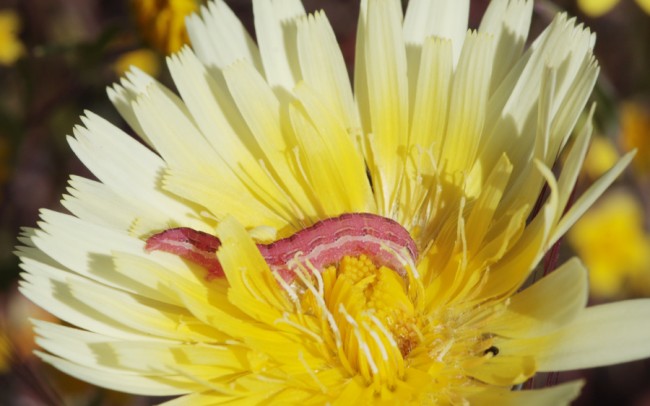 Most likely a Schinia species feeding here.
Most likely a Schinia species feeding here.
Heliolonche joaquinensis
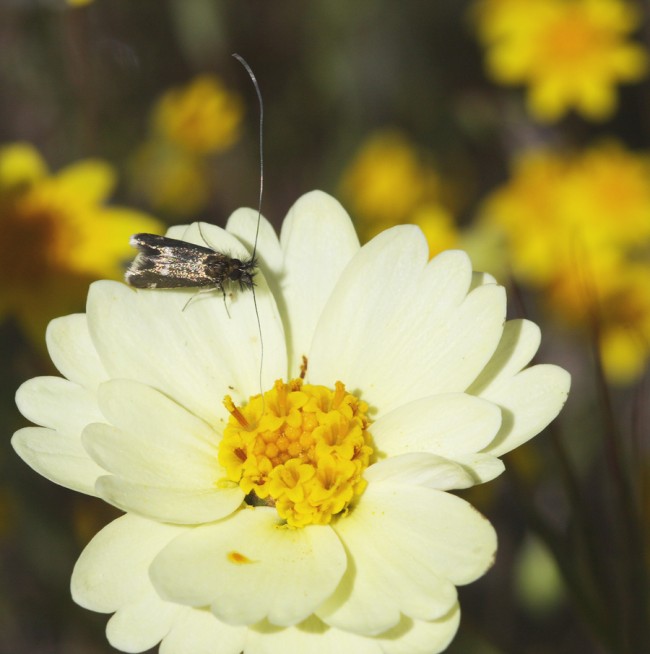 This is Adela thorpella, or a fairy moth. Note the incredibly long antennae.
This is Adela thorpella, or a fairy moth. Note the incredibly long antennae.
The full list of Lepidoptera seen for the day:
Traças
Heliothodes diminutiva(Noctuidae)
Heliolonche joaquinensis (Noctuidae)
Heliolonche modicella (Noctuidae)
Schinia crotchii (Noctuidae)
Schinia amaryllis (Noctuidae)
Schinia pulchripennis (Noctuidae)
Xanthothrix neumoegeni (Noctuidae)
Axenus arvalis (Noctuidae)
Achyra occidentalis (Crambidae)
Adela thorpella (Adelídeos)
Borboletas
Danaus plexippus
Vanessa atalanta
Coenonympha tullia
Anthocharis sara
Colias euritema
Everes amyntula
Glaucopsyche lygdamus
Plebejus amon
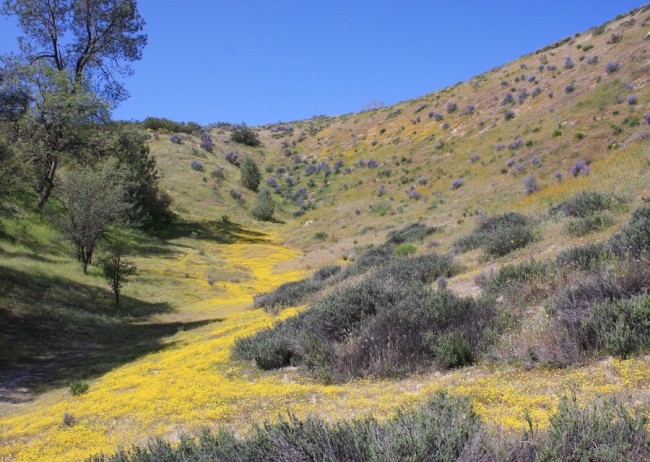
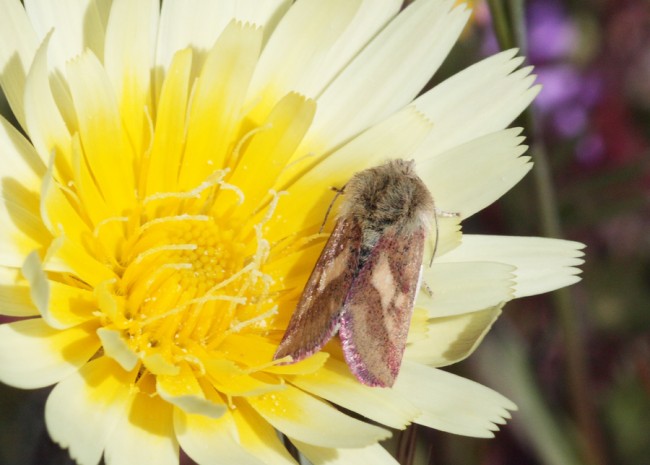
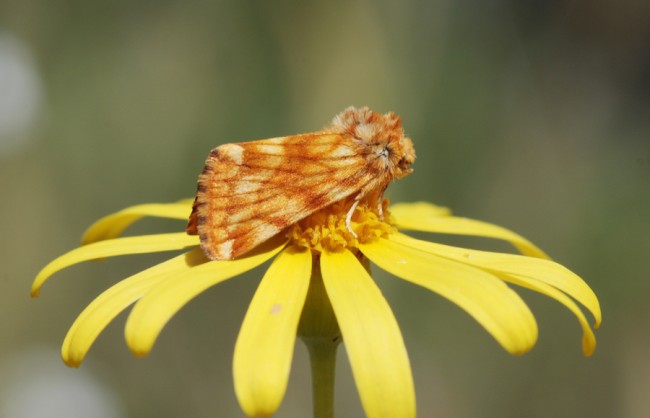
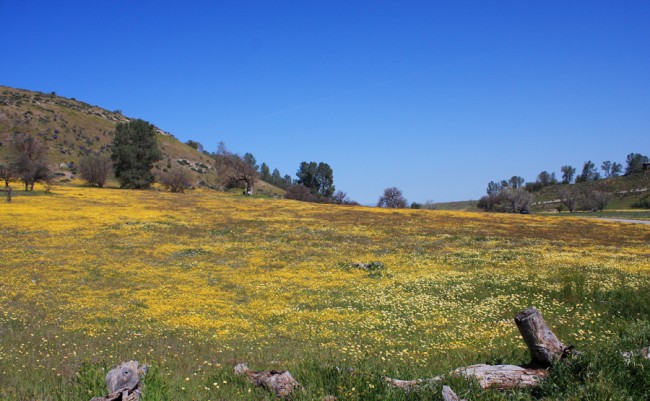

Cool – another entomology blog, and a well-written, nicely-illustrated one at that. Beetles are my game, but I’ve noted a pretty moth or two.
Welcome to Nature Blog Network. Enjoyed your “Gênio da imprensa” posts 🙂
Thank you for the welcome!
That shot of Xanthothrix neumoegeni is amazing!
How do you differentiate between Heliolonche joaquinensis and H. celeris? The pic in your goose chase post looks awfully similar to above.
Também, which gold flower is that in the 1st pic that looks like a river of gold? Carol Leigh stopped her wildflower hotsheet b/c of inconsiderate trampling. It’s too bad.
It’s all in the hindwings. H. joaquinensis has black wings with a white bar and H. celeris has orange wings with a yellow bar. They are also a few hundred miles apart in distribution.
I was just assuming that flower was L. californica. I didn’t look closer…